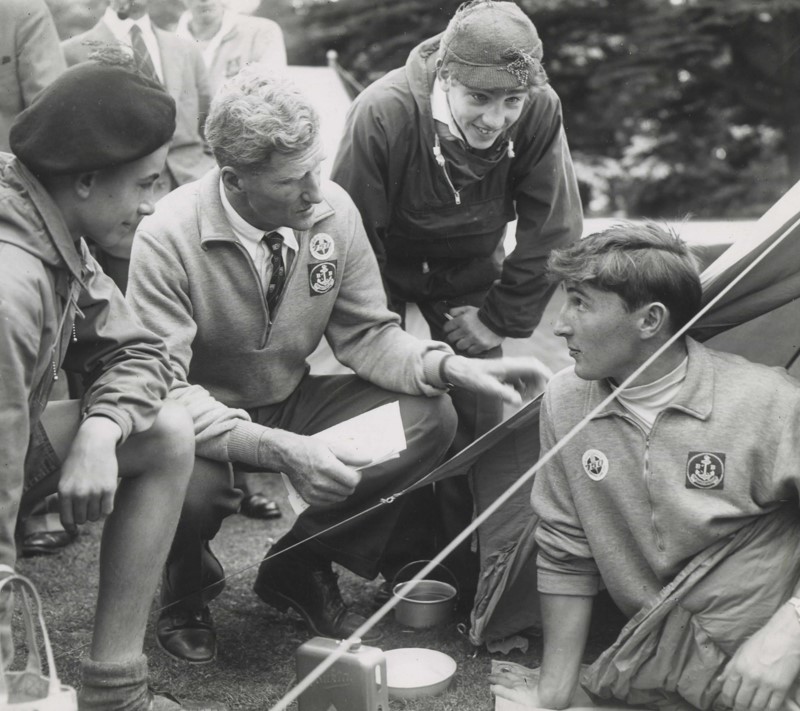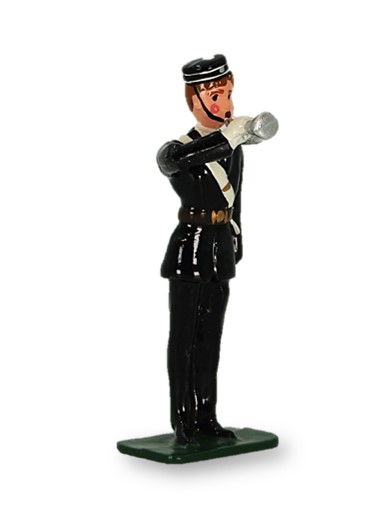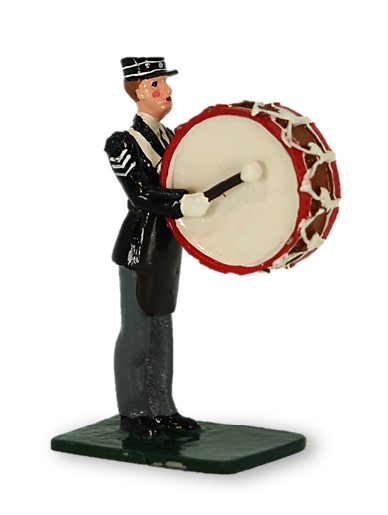1958 – 75th Anniversary
UNDER CONSTRUCTION
We are busy working hard, but we have not quite finished building this page. Please came back again soon, and hopefully we will be finished.
If you can assist with creating this page by providing content please contact us.
Overview
The Seventy-fifth Anniversary celebrations of The Boys’ Brigade were held in 1958. Though not on such a large scale as the events of 1933, or 1954.
The story in more detail.
The Seventy-fifth Anniversary celebrations of The Boys’ Brigade were held in 1958. Though not on such a large scale as the events of 1933, or 1954, the Anniversary included several important happenings worldwide. Most significant in Britain was the 750 Training Camp for over 670 senior boys, mostly British, held in August 1958 at Lilleshall Hall Recreation Centre, near Newport, Shropshire. The Commanding Officer was Sir John Hunt, Secretary of the Duke of Edinburgh’s Award Scheme, and the Rev. David Sheppard, who had played for England in twenty-two test matches and was to become in time Bishop of Liverpool, acted as Chaplain of the camp. Major-General Donald James Wilson-Haffenden, successor to George Stanley Smith as Brigade Secretary, who was also present, remembered the camp for its ‘spiritual activity’, in particular the success of his discussions with boys of their ‘spiritual problems’ after ‘lights out’ one evening. The presence of Sir John Hunt and a full coaching staff also ensured ample time was devoted to canoeing, expedition work and various sports.
Large international camps were also held during 1958 in New Zealand and the West Indies, while from the Brigade Council held in Aberdeen that year, the Queen received a large contingent of officers and boys for inspection at Balmoral Castle in honour of the celebrations. ‘The real value of celebrating an anniversary, particularly of a great movement such as The Boys’ Brigade, lies not so much in rejoicing over the past achievements – great though they may be – as in setting a sound course for the future ,’ wrote Sir John Hunt, giving his timely afterthoughts on the 750 Camp in the Gazette: In every movement which continues to thrive during 75 years in a period of tremendous change- social, economic, political- there is an essential core which must not, on any account, be tampered with. We all know that the essence of The Boys’ Brigade is the Christian Faith. To me the presence of this Faith throughout our Camp, and among all ranks, will remain an inspiring and unforgettable fact … But in other respects a movement must adapt its ways to the changing times, if it is to capture the imagination and hold the allegiance of the young people in each generation. I believe boys and girls of today are seeking and needing – some of them desperately so – outlets to a spirit of enterprise and adventure which is in them still, both despite of and because of the encroaching walls of material progress. The opportunity to provide for this urge is one which the B.B. and other spheres of youth should not miss, even though it may mean changes in existing training programmes, even training policy.
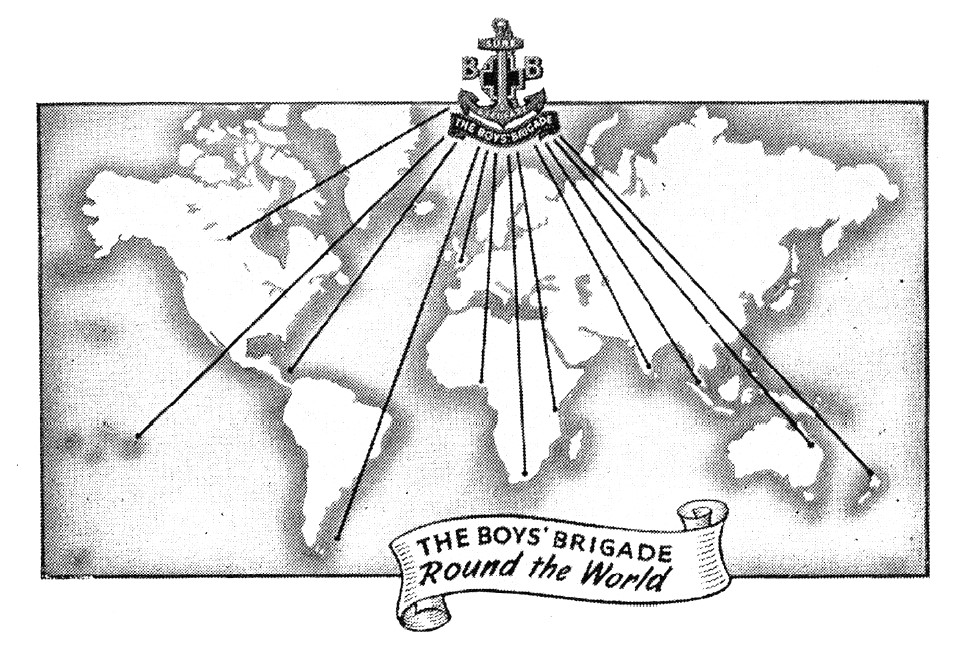
Seventy-fifth Anniversary Caribbean International Camp at Kingston, Jamaica, in April 1958. The same year the Jamaican Council was granted full autonomy. Before considering the outcome of the informal deliberations in 1958 we must briefly examine the rise of the Brigade after the Second World War in the Caribbean. At the 1958 Caribbean camp in Kingston, Jamaica, the B.B. representatives ‘inside and outside the British Commonwealth’ demanded a significant advance in international B.B. administration. The first change had to be in attitudes on the home front. In May 1958 Brigade Executive asked Archdeacon J.H.L. Phillips to prepare a memorandum entitled ‘The B.B.’s International Development’. It was a seminal single-page document. The Overseas Committee, overburdened and fully-stretched, was a mere ‘sub-committee of the Home Executive’. The largely informal Jamaican discussions showed that ‘a new pattern must be evolved’. In 1958, only Australia, Jamaica, Canada and New Zealand were self-governing (in B.B. terms) with the authority to enrol Companies and Officers, and manage their own affairs. Overseas B.B. councils with no enrolment powers existed in the Bahamas, the Federation of Malaya, Ghana, Nyasaland, the Northern Antilles, the regions of Nigeria, Samoa, and Southern Rhodesia. Niue and Singapore formed a third group with battalion status. In South Africa, the Cook Islands and the Federation of the West Indies no coordinating administration had yet been developed, and ‘guidance and control’ came from London. The longest, most revealing list consisted of fourteen B.B. countries, including Haiti and the Netherlands West Indies, whose ‘guidance and control’ came unequivocally from Abbey House.

